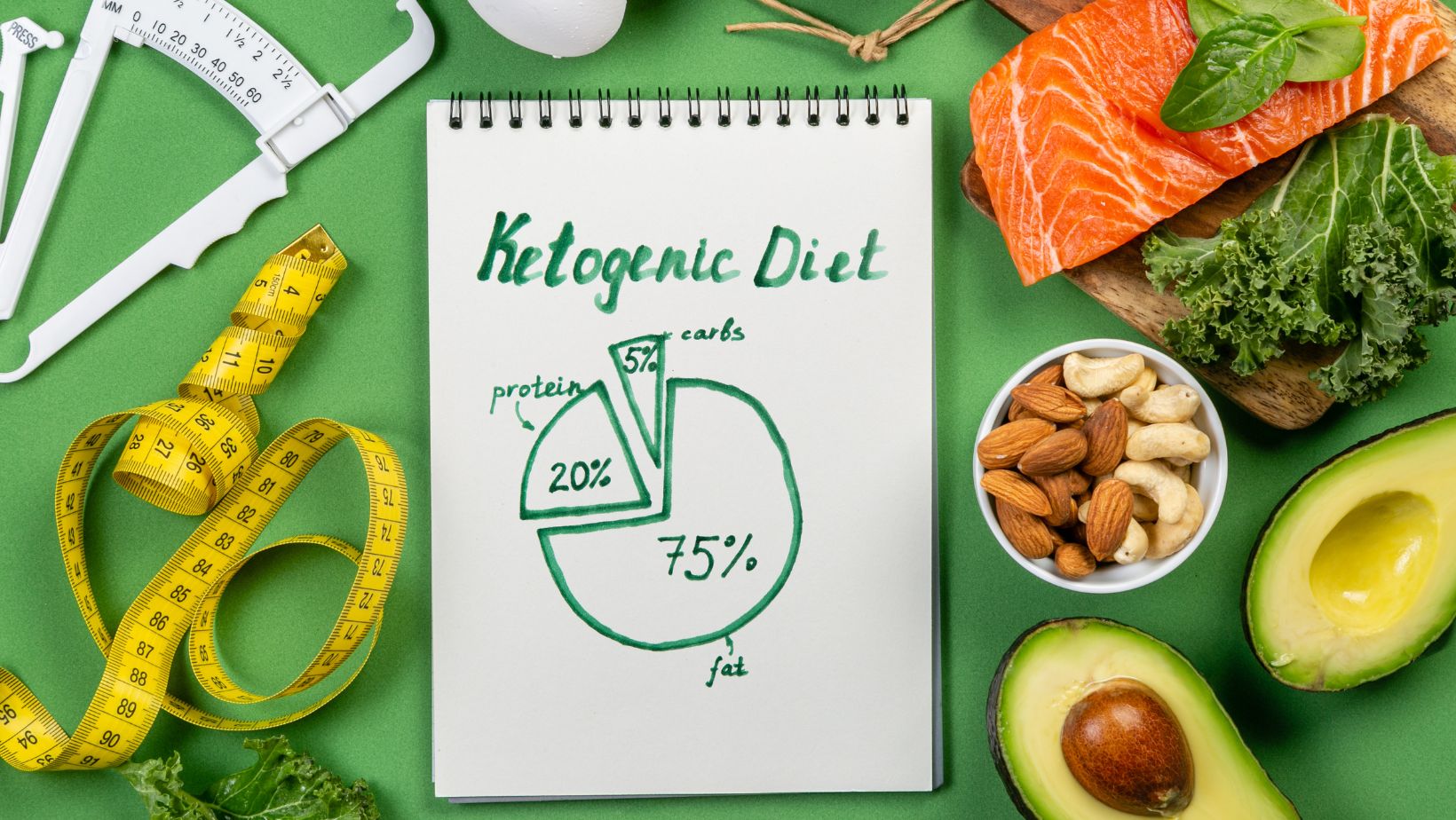
Is Ranch Good for Keto
Wondering if ranch is good for a keto diet? Well, let me break it down for you. Ranch dressing can be a delicious addition to many meals, but when it comes to keto, the answer isn’t as straightforward.
Traditional store-bought ranch dressings often contain added sugars and unhealthy vegetable oils, which can quickly add up in terms of carbs and calories. However, there are alternatives available that are specifically formulated for low-carb diets – enter keto-friendly ranch dressings.
These keto-friendly options typically use healthier fats like avocado oil or olive oil and have little to no added sugars. They still provide that creamy texture and tangy flavor that we love about ranch dressing while keeping those carb counts low.
So, if you’re following a strict ketogenic diet and want to enjoy some ranch dressing on your salads or veggies, make sure to opt for the low-carb versions. Just remember to check the nutrition labels carefully to ensure they fit within your daily carb limits.
The Basics of the Keto Diet
So, you’re curious about the keto diet? Well, let’s dive right in and explore the basics. The ketogenic diet, commonly known as keto, is a low-carb, high-fat eating plan that has gained popularity in recent years. Its main goal is to put your body into a state of ketosis, where it relies on fat for fuel instead of carbohydrates.
How does it work? By drastically reducing your carbohydrate intake and increasing your fat consumption, you force your body to enter ketosis. In this state, your liver starts producing ketones from fat stores to provide energy for your brain and other bodily functions. This shift in metabolism can have various effects on your body and may even lead to weight loss.
What can you eat on a keto diet? The focus is primarily on foods rich in healthy fats like avocados, nuts and seeds, olive oil, and coconut oil. You’ll also want to incorporate moderate amounts of protein from sources like meat, fish, eggs, and dairy products. However, carbohydrates are restricted to around 20-50 grams per day. This means avoiding grains, sugary foods and drinks, starchy vegetables like potatoes or corn, and most fruits (except for small portions of berries).
Benefits of the keto diet extend beyond weight loss alone. Many people report increased mental clarity and improved energy levels when following this eating approach. Additionally, some studies suggest that a ketogenic lifestyle may help manage certain health conditions such as epilepsy or type 2 diabetes.
While the potential benefits are intriguing to many individuals seeking weight loss or other health improvements; it’s important to note that the keto diet isn’t suitable for everyone. It requires careful planning and monitoring to ensure proper nutrient intake and avoid potential side effects such as nutrient deficiencies or “keto flu” symptoms during the initial adaptation phase.
In conclusion: The basics of the keto diet involve significantly reducing carbohydrate intake, increasing healthy fat consumption, and aiming for moderate protein levels. It’s a diet that aims to shift your body into a state of ketosis, where it utilizes fat for fuel instead of carbohydrates. While the keto diet may have various benefits, it’s essential to approach it with caution and seek guidance from a healthcare professional or registered dietitian before embarking on this eating plan.

